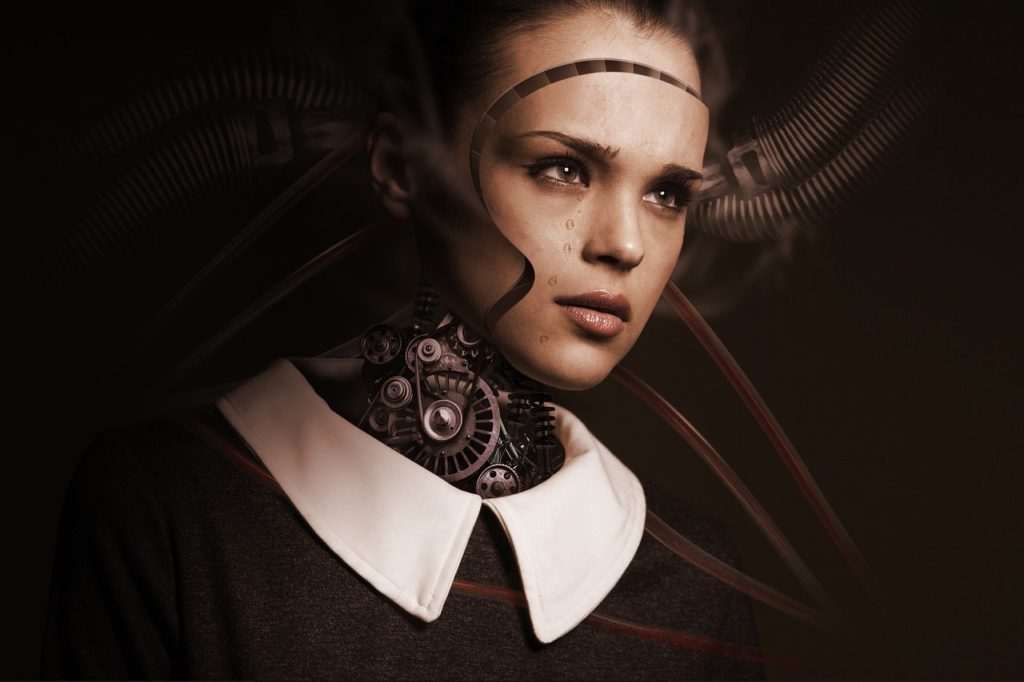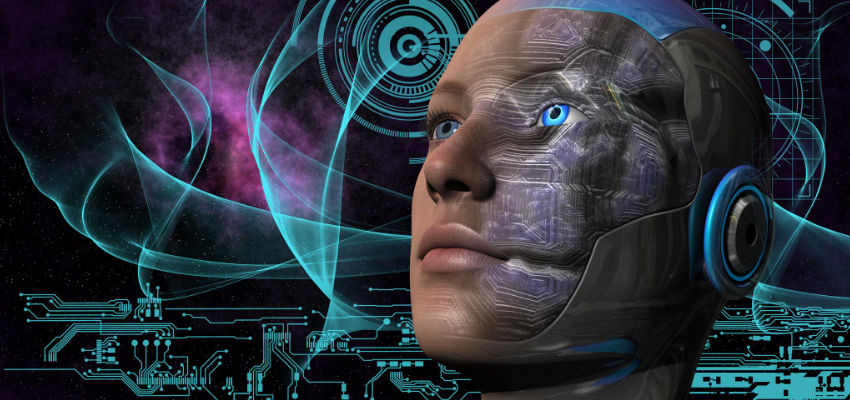Show:
How Worried Should We Be About Artificial Intelligence?
Whatever dynamic innovation that is celebrated across the world today is a product of intelligence. Therefore, it would be awkward of any feeble-minded individual to think that artificial intelligence will spell doomsday for us in the nearest future. This is not to say that there are no shortcomings of the AI but exercising unnecessary fear on what is yet to be can be very demeaning to people who are working day and night to ensure the betterment of the world.

In order not to reach a rash conclusion on how worried we should be on artificial intelligence, we need to understand both the advantages and demerits and how the concept will possibly evolve in the nearest future.
When dealing with technology, it would be wrong of any serious-minded fellow to adopt the “threat-first” approach; it will kill the vibes and creativity in you. In other words, we should not send fears down the nerves of those working on artificial intelligence. No matter how developed the AI is, there is no tendency that it has the capability of enslaving humans. Advanced artificial intelligence will remain a machine and as such, cannot reason creatively like humans. We’ve seen how best lie detectors can function and how people end up maneuvering them. This means that rather than exercising fear, AI will only propel us to think more creatively.
Without mincing words, artificial intelligence has been long overdue in some offices; some people go to their offices every day to do basic repetitive duties that an AI can perfectly do. In order to free humans of these needless repetitive works, we must develop an AI that will cater to them. This will make organizations to better harness their human resources for greater productivity. Those who are afraid that AI will displace them of their positions are either not creative or less impactful. Ideas rule the world and those who are not ready to tap into their stream of creativity will soon be rendered useless in the scheme of things.
Transport, medicine, environment, and virtually every aspect of the society can benefit from AI if policy-makers and decision influencers can reach a consensus on the concept. Already, the tool has been tremendous in its help in addressing the issue of climate change through the collection and analysis of data from the relevant sources.
In the transport sector, if self-driving cars fully take over our roads, there would be lesser accidents due to human reduced errors. Most times, humans lose concentration while sitting behind the wheels due to numerous reasons, which have led to a loss of lives and property. The advantages are simply numerous, including help in educational processes such as custom paper writing at services like Pro-Papers.
However, there are some issues that should make us exercise caution on the issue of AI. If care is not taken, the tool can radically go wrong and endanger our lives. With the initial rollout of artificial intelligence, we have seen some undeniable setbacks that must be tackled squarely, if not, danger looms. Some AI systems have been set to do things that are despicable; to kill, maim and destroy. This is deliberate in many quarters. In fact, people have always blamed the first and second world wars on the impact of AI. With dangerous weapons scattered across the world today, nations can easily rise against one another. In this case, our control of the AI system may get out of hands.
From the foregoing, it is clear that AI has both positive and negative aspects but what has been difficult for us is how to create a common ground and sieve out the bad from the good. This is a clarion call to policy-makers. With full enforcement of guidelines, we only need to worry less about artificial intelligence. Researchers in the field should also ensure that they identify the fears of people concerning the tool and proffer plausible solutions to them. In conclusion, exercising ‘moderate’ concern about what AI turns out to be in the future is good but panicking is out of hands; it is like treating the disease we do not stand a chance of contacting.

 Return to Previous Page
Return to Previous Page








